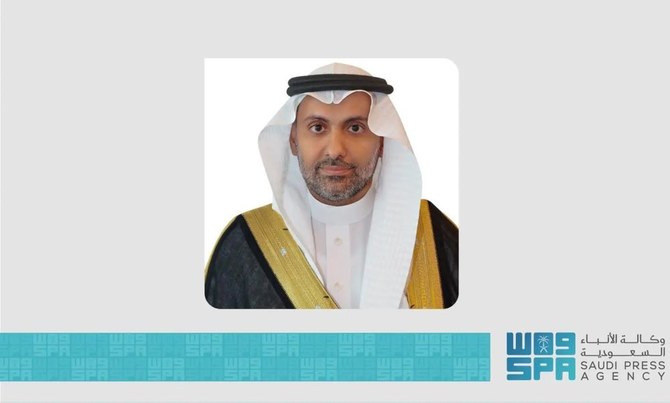RIYADH: The Saudi minister of health has hailed the success of preparation for Hajj after no outbreaks or threats to public health were recorded during the annual pilgrimage.
Fahad Al-Jalajel said in a statement: “I am pleased to announce the success of this year’s Hajj health plans. Despite the large number of pilgrims and the challenges posed by high temperatures, we experienced no outbreaks or public health threats.
“The health system was equipped with 189 hospitals, health centers and mobile clinics, offering a bed capacity exceeding 6,500. Over 40,000 medical, technical, and administrative staff and volunteers were mobilized, supported by more than 370 ambulances, seven air ambulances, 12 laboratories and 60 trucks.
“We also provided more than 1,860 medical supplies and, in a significant move, deployed three mobile medical warehouses across the holy sites,” he added, according to the Saudi Press Agency.
More than 390,000 pilgrims received healthcare services during the pilgrimage this year, of which 28 underwent open heart surgery, 720 received cardiac catheters and more than 1,169 had dialysis sessions, the minister said.
Virtual health services through Seha Virtual Hospital were provided to more than 5,800 pilgrims, and heat stress cases were managed with appropriate medical care. Proactive awareness efforts helped limit the increase in cases.
The minister attributed the success of the plans to the integration among all government agencies, including the Makkah Health Cluster of the Health Holding Company, the Red Crescent Authority, the Public Health Authority (Weqaya), the Food and Drug Authority, and significant contributions from the National Unified Procurement Company (NUPCO), the Health Volunteering Center and other entities in the Kingdom.
Al-Jalajel praised the Supreme Hajj Committee for its measures to protect pilgrims from extreme heat and other health risks during rituals. He also expressed gratitude to the Ministry of Interior for its active role in executing the health plans.
The achievement reflects the integration of all government entities and preparation for the Hajj season within the framework of the Guests of God Program, the minister said.
He highlighted the Central Hajj Committee’s recommendation for pilgrims to avoid peak heat times, saying the guidance contributed to maintaining safety and managing heat stress cases.

























